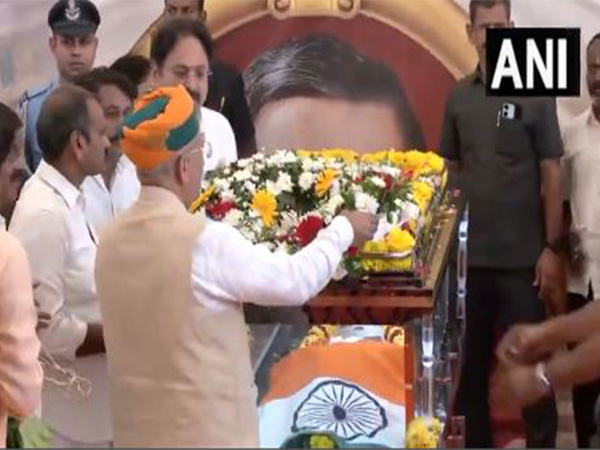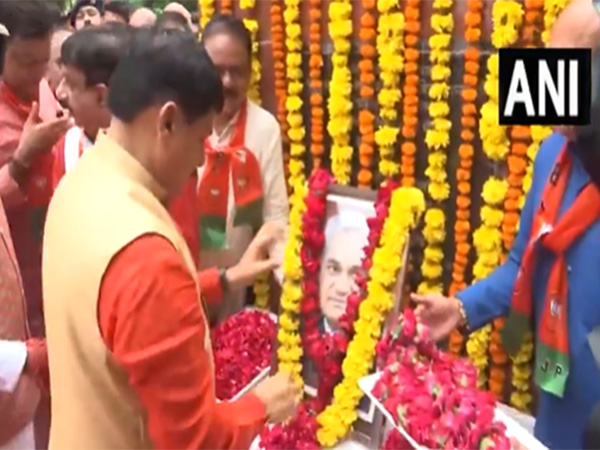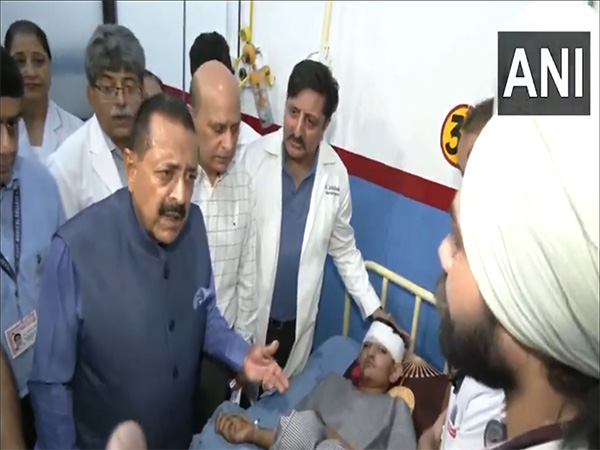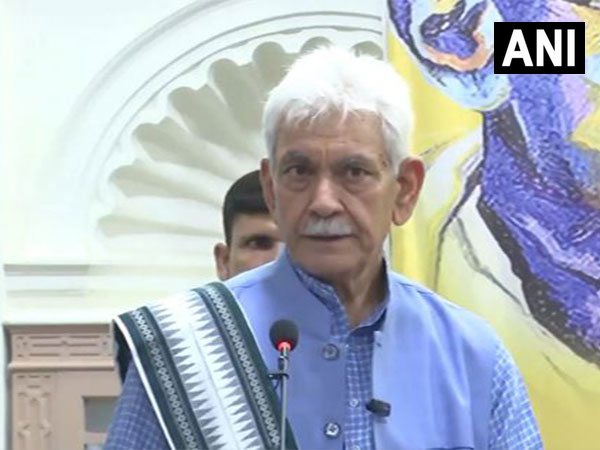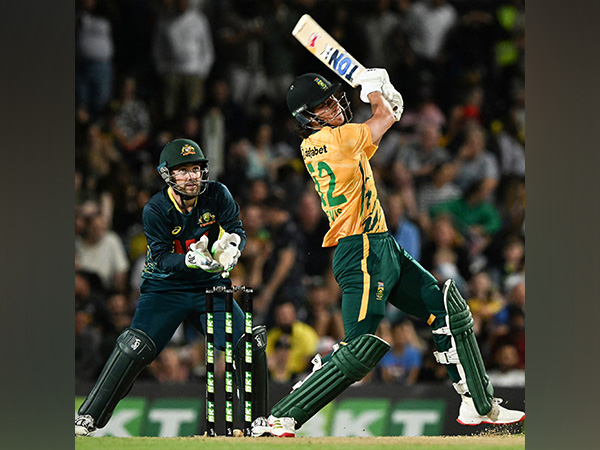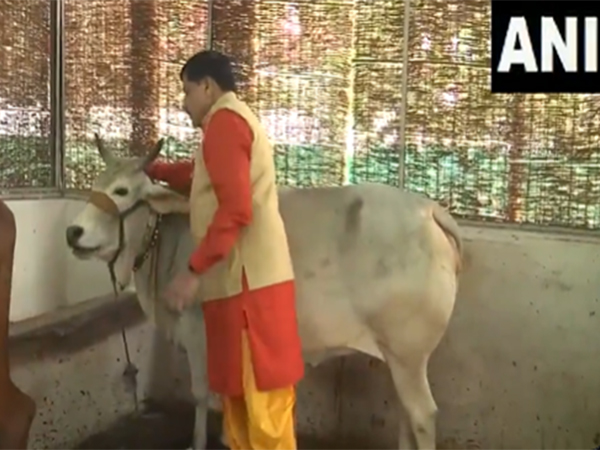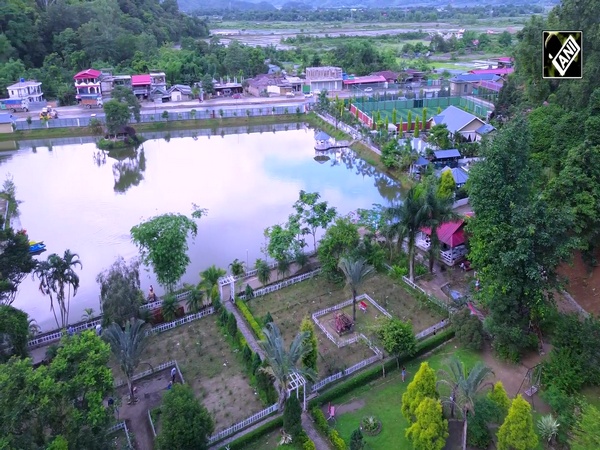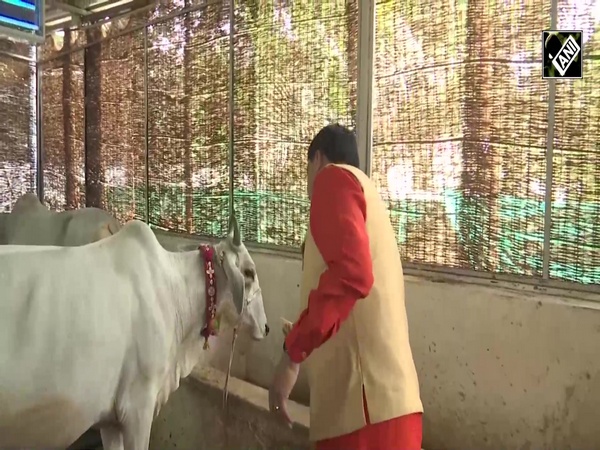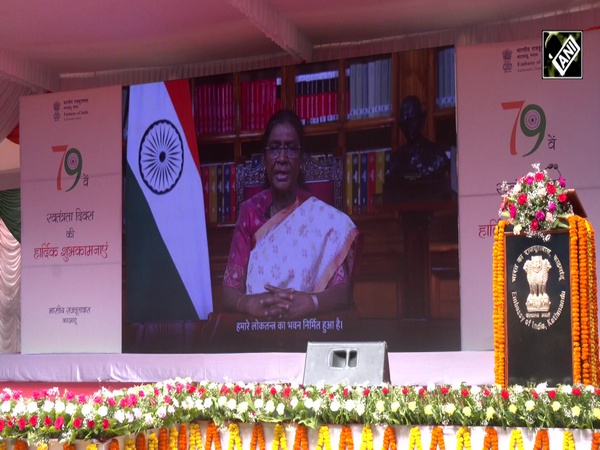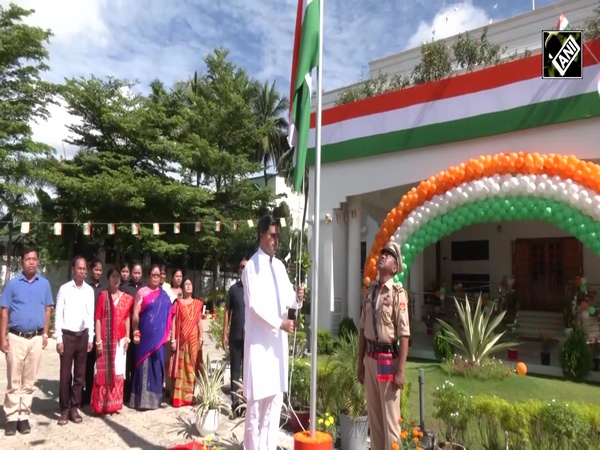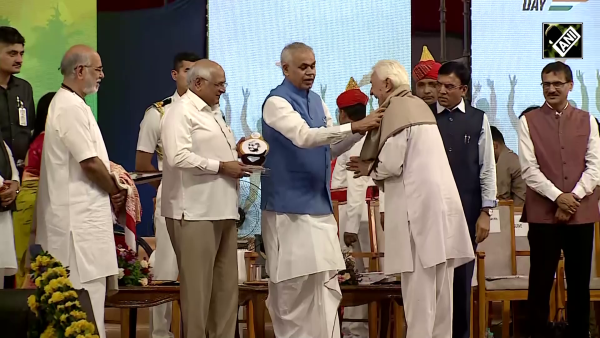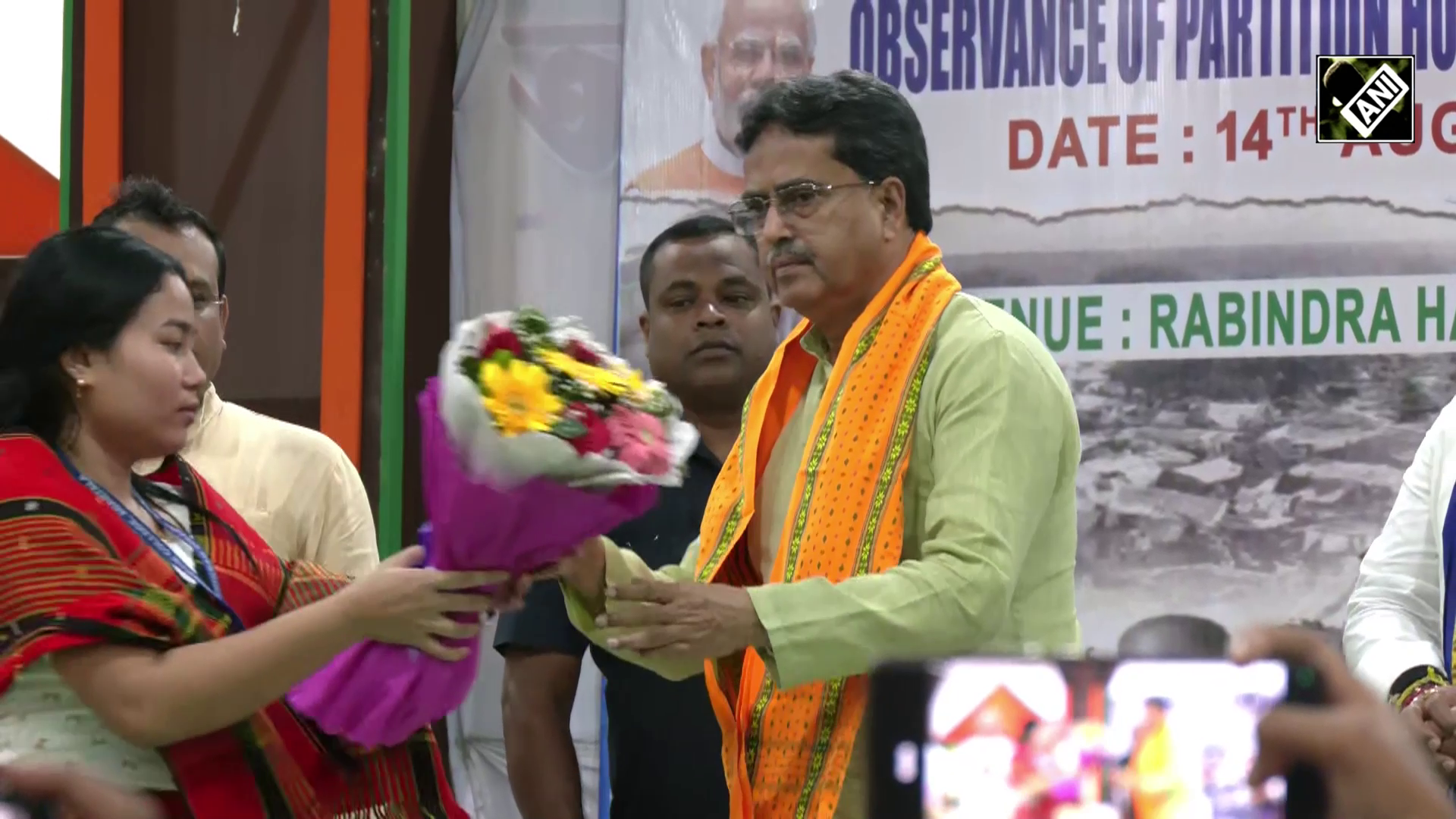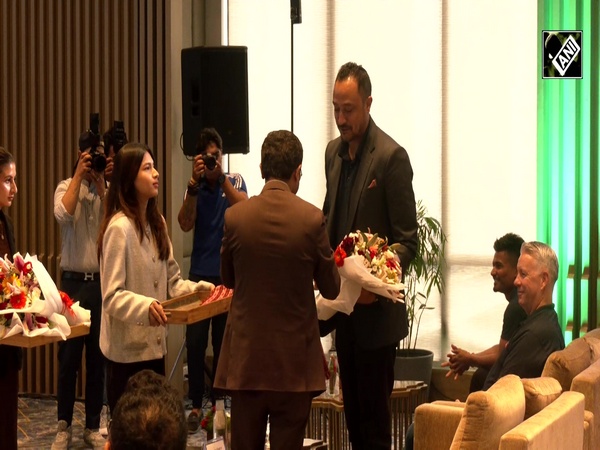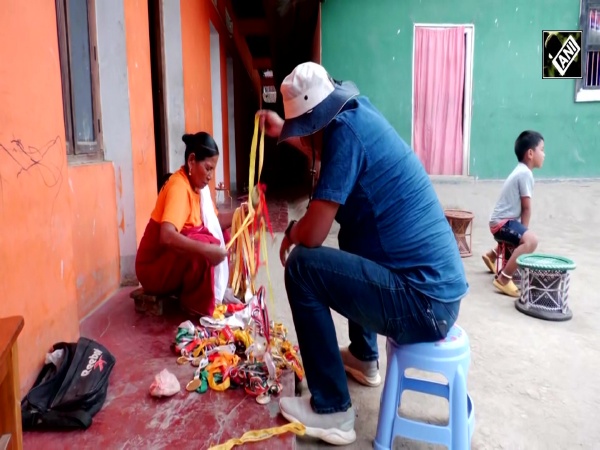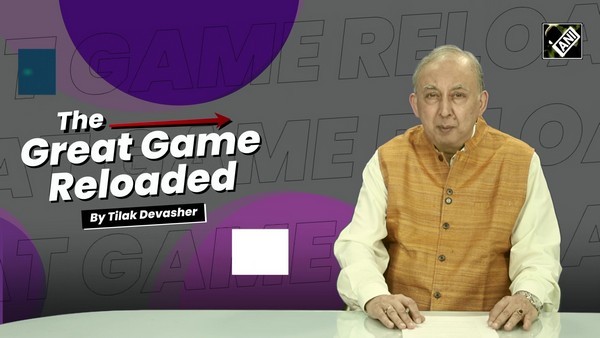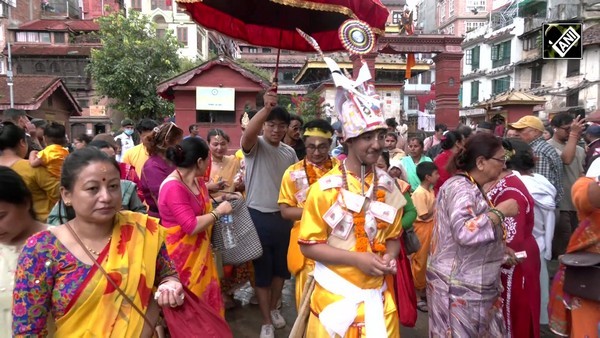Delhi HC issues notice to GNCTD on PIL against consolidated fund release salaries to Imams and Muezzins
Mar 21, 2024

New Delhi [India], March 21 : The Delhi High Court on Thursday issued notice to the Government of NCT Delhi and others on a Public Interest Litigation (PIL), moved against the consolidated fund of the state release for the salaries/honorarium to Imams and Muezzins of the Delhi Wakf Board and Non Wakf Board.
Plea stated that the Constitution of India provides that the state shall be secular and therefore, cannot favour any one particular religion. However, in the instant case, the practice adopted by the GNCTD to pay honorarium to few individuals of a particular religious community without
considering the financial condition of a similar category of individuals in the other religious community directly contravenes the secular nature of the state and violates Articles 14, 15(1), 27, 266 and Art. 282 of the Constitution of India.
The bench of Justice Manmohan and Justice Manmeet Pritam Singh Arora stated that the matter requires examination. The court issued notice to the Delhi government and fixed the matter for July 22 for a detailed hearing.
Counsel for the respondent, Waqf Board, appeared on advance notice and submitted that the scheme for payment of stairs to muzzle is and imam is in accordance with the constitution, whose validity has been upheld by the SC all India imam vs UOI.
The petitioner, Rukmani Singh, through lawyers Ilesh Shukla and Chetan Sharma, stated that the Supreme Court of India in "All India Imam Organisation V. UOI" specifically considered whether the Imams should be paid any remuneration and if so, how much and by whom.
The Supreme Court, in the aforesaid decision, categorically held that the Wakf board has been entrusted with the responsibility of supervising and administering the Wakf, and it is their duty to harness the resources to pay the Imams who perform the most important duty, namely, leading community prayer in mosques," the plea stated.
In view of the foregoing, it is apparent that the act of the GNCTD state is very well against the constitutional canons as well as the judgement passed by the Supreme Court of India. It is submitted that payment cannot be made to one particular sect of the religion from the consolidated fund of the state, plea added.
